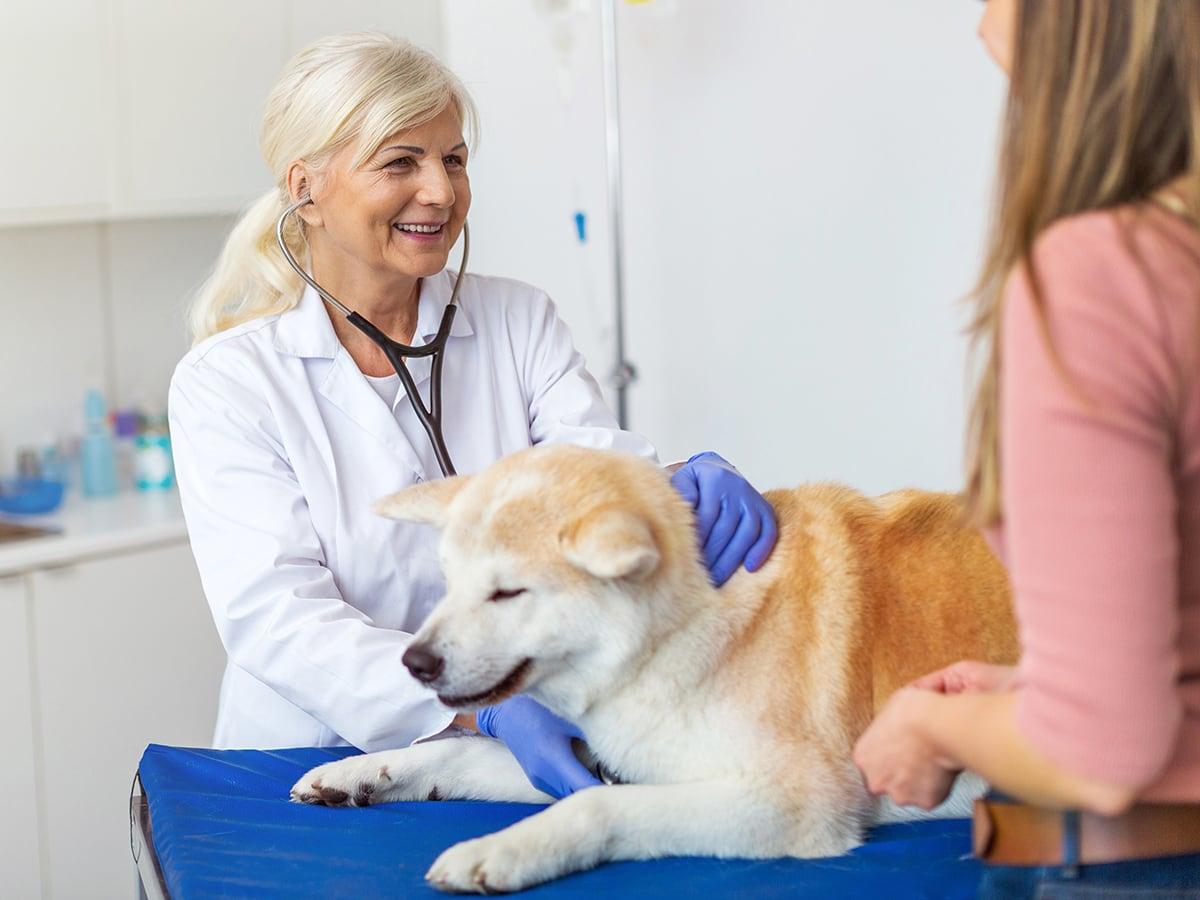Vestibular disease in dogs can be a frightening experience for both pet owners and their furry companions. The sudden onset of symptoms like head tilting, disorientation, and loss of balance can be alarming, but understanding the causes and treatments can help manage this condition and ensure your dog's well-being.
What is Vestibular Disease?
The vestibular system is responsible for maintaining a dog's balance and spatial orientation. It involves intricate coordination between the inner ear, brain, and eyes. When this system is disrupted, dogs experience a range of symptoms that can severely impact their quality of life.
Causes of Vestibular Disease
Vestibular disease can stem from various causes, including:
Idiopathic Vestibular Syndrome (IVS): This is the most common form in older dogs, often referred to as "old dog vestibular disease." The exact cause remains unknown, but it typically resolves on its own within a few weeks.
Ear Infections: Infections in the middle or inner ear can disrupt the vestibular system.
Tumors or Polyps: Growths in the ear can press on the vestibular nerve, affecting balance.
Trauma: Head injuries or damage to the ear can lead to vestibular dysfunction.
Hypothyroidism: An underactive thyroid gland can sometimes contribute to vestibular symptoms.
Medication Reactions: In rare cases, certain medications can affect the vestibular system.
Recognizing the Symptoms
Vestibular disease manifests in several distinctive signs:
Loss of balance and coordination: Dogs may stumble, fall, or have difficulty walking in a straight line.
Head tilt: The head may be tilted to one side, often toward the affected ear.
Nystagmus: Rapid, involuntary eye movements, usually from side to side.
Circling or disorientation: Dogs may circle in one direction or seem confused about their surroundings.
Nausea and vomiting: The imbalance can lead to nausea and vomiting in some dogs.
If you notice any of these symptoms, it's crucial to seek veterinary attention immediately to rule out other serious conditions and determine the underlying cause.
Diagnosis and Treatment
Veterinarians diagnose vestibular disease based on clinical signs, medical history, and various diagnostic tests. These may include:
Physical and neurological examination
Ear examination
Blood and urine tests
X-rays or imaging scans
Hearing tests (BAER)
Treatment depends on the underlying cause. If an ear infection is present, antibiotics or antifungal medication will be prescribed. In the case of IVS, supportive care, including anti-nausea medication and fluids, may be provided to manage symptoms until the condition resolves. For tumors or other structural issues, surgery or other interventions might be necessary.
Recovery and Prognosis
Most dogs with vestibular disease, particularly IVS, recover within a few weeks. However, some may experience a persistent head tilt or occasional balance issues.
The prognosis is generally good, especially when the underlying cause is treatable. With proper veterinary care and supportive measures, most dogs can regain their balance and lead normal lives.
How Long Do Vestibular Episodes Last in Dogs?
The duration of a vestibular episode can vary depending on the underlying cause. In cases of Idiopathic Vestibular Syndrome (IVS), dogs often start showing improvement within 72 hours, with the head tilt and stumbling gradually resolving over 7-10 days. Most dogs fully recover within 2-3 weeks, although some may have residual symptoms like a mild head tilt or occasional "wobbling."
If your dog's symptoms don't improve or worsen after a few days, it's essential to consult your veterinarian again, as this could indicate a more serious underlying condition.
FAQs about Vestibular Disease in Dogs
Is vestibular disease fatal in dogs?
No, vestibular disease itself is not typically fatal. However, it's important to seek veterinary care to rule out underlying conditions that could be more serious.
Can dogs recover from vestibular disease without treatment?
In cases of IVS, dogs often recover without specific treatment. However, veterinary guidance is crucial to ensure proper diagnosis and rule out other underlying causes that may require intervention.
What can I do to help my dog with vestibular disease at home?
You can create a safe environment for your dog by removing obstacles, providing soft bedding, and assisting with movement and eating if needed.
Are certain dog breeds more prone to vestibular disease?
Yes, some breeds, such as French Bulldogs, Bulldogs, and Cavalier King Charles Spaniels, have a higher predisposition to vestibular disease.
Conclusion
Vestibular disease can be a distressing experience for dogs and their owners, but understanding the condition, seeking prompt veterinary care, and providing supportive measures can help ensure a positive outcome. Remember, with patience and proper management, most dogs with vestibular disease can make a full recovery and continue to enjoy a happy and active life.
If you have any concerns about your dog's balance or coordination, don't hesitate to contact your veterinarian for advice and guidance.
About the Author
This blog was medically reviewed by Dr. Alina Barland, a vet at Eagle Glen Veterinary Clinic. Eagle Glen Veterinary Clinic has been serving pets in LA since 1988! The vets and technicians have a passion for pet care and the skill to give excellent service! Visit https://www.instagram.com/eagleglen.vc/ or https://eagleglenvets.com/index.cfm for more.

With 10 years of experience as a pet parent, I aim to empower pet owners with insights into pet insurance and maintaining their pet's well-being. I aspire to be a trusted source, combining knowledge with a commitment to the welfare of our beloved pets.

Eagle Glen Veterinary Clinic has been serving pets in LA since 1988! The vets and technicians have a passion for pet care and the skill to give excellent service! Visit https://www.instagram.com/eagleglen.vc/ or https://eagleglenvets.com/index.cfm for more.
Gibeault, S., & MSc. (n.d.). Vestibular Disease in Dogs: Signs, Symptoms, Treatment. In American Kennel Club. Retrieved August 29, 2024, from https://www.akc.org/expert-advice/health/vestibular-disease-in-dogs
Vestibular Disease in Dogs. (2021). In Embrace Pet Insurance. https://www.embracepetinsurance.com/health/vestibular-disease
Vestibular Disease in Dogs: Symptoms & Treatment. (n.d.). In Vca. Retrieved August 29, 2024, from https://vcahospitals.com/know-your-pet/vestibular-disease-in-dogs












